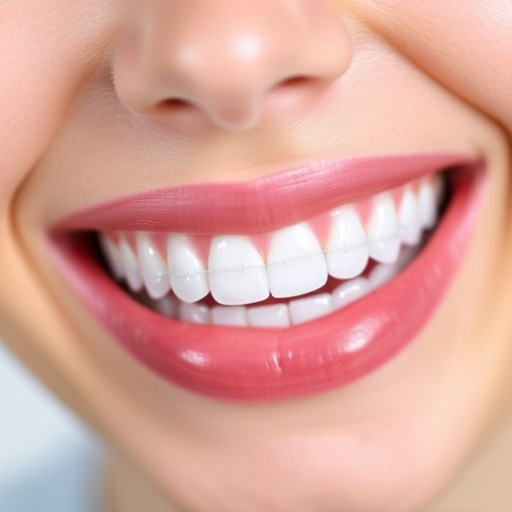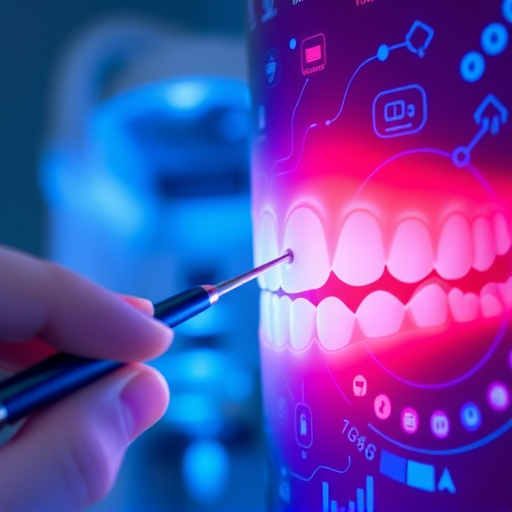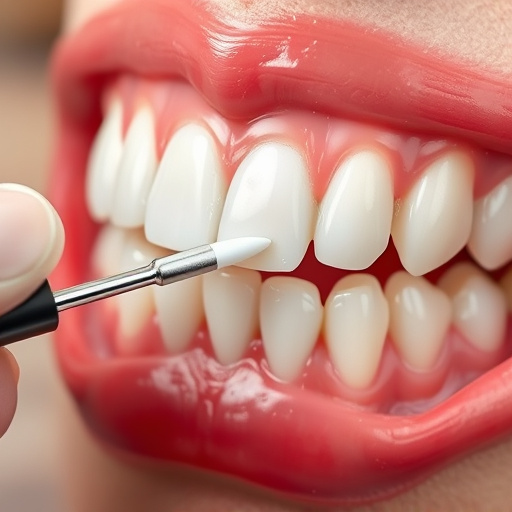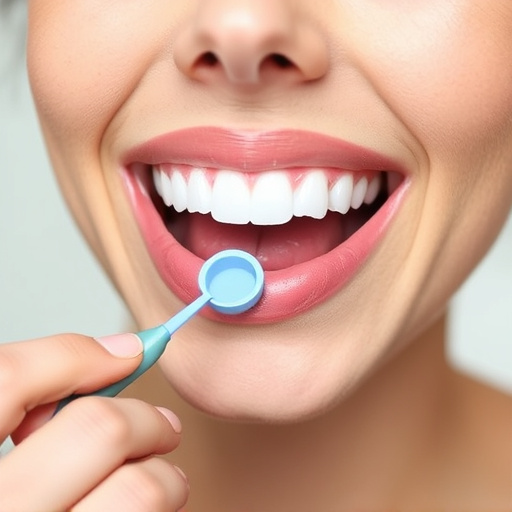Dental sealants for teeth protect against cavities by sealing grooves and pits, making teeth easier to clean. Applied to permanent and primary molars/premolars, they reduce future dental procedures. Regular dental visits and good oral hygiene are crucial for maintenance. Sealants defend against bacteria and food particles, especially beneficial for children with less-than-perfect brushing habits.
Dental sealants for teeth are an effective preventive measure against cavities, offering long-lasting protection for both children and adults. This article delves into the science behind these clear, protective coatings, explaining how they safeguard enamel from decay-causing bacteria. We explore the simple yet powerful process of sealant application and its numerous benefits, ensuring a healthier smile over time. By understanding dental sealants, you can make informed decisions about maintaining optimal oral health.
- Understanding Dental Sealants: A Protective Barrier
- How Sealants Prevent Cavity Formation
- Benefits and Longevity of Teeth Sealant Application
Understanding Dental Sealants: A Protective Barrier

Dental sealants for teeth act as a protective barrier, filling the deep grooves and pits on your tooth surfaces. These clear or white coatings are applied to both permanent and primary (baby) teeth to prevent cavities from forming. By sealing out bacteria and food particles, dental sealants create a smooth, seamless surface that is easier to keep clean. This simple yet effective treatment is especially beneficial for children, as it can spare them the discomfort of wisdom tooth removal later in life or the need for additional restorative procedures like dental crowns.
Regular visits to your family dentistry office are crucial for maintaining the effectiveness of dental sealants. Over time, sealants can wear down and need to be reapplied to ensure continuous protection against cavities. Proper oral hygiene practices at home also play a significant role in extending the life of these sealants, as they help keep teeth and gums healthy and reduce the risk of tooth decay.
How Sealants Prevent Cavity Formation
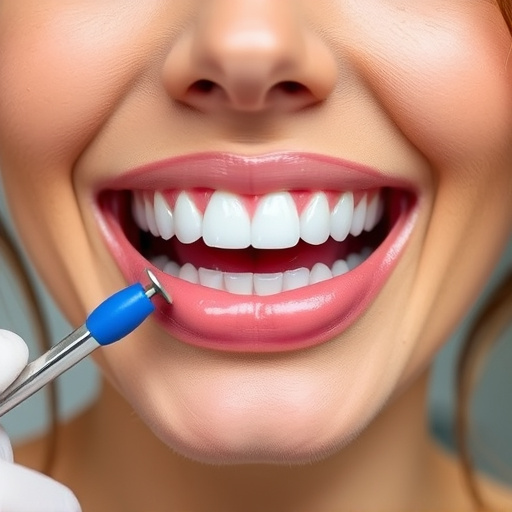
Dental sealants for teeth are protective coatings applied to the chewing surfaces of back teeth, primarily molars and premolars. They act as a physical barrier, preventing food particles and plaque from adhering to the tooth enamel. By sealing these hard-to-reach areas, dental sealants reduce the risk of bacterial buildup, which is a primary cause of cavities.
The process involves cleaning and preparing the tooth surface, followed by the application of a thin, clear or white protective coating. This sealant hardens and becomes virtually invisible, offering lasting protection during chewing and biting activities. Regular oral exams, children’s dentistry practices, and dental cleanings play a crucial role in maintaining this barrier, as they ensure proper placement and check for any signs of wear over time.
Benefits and Longevity of Teeth Sealant Application

Dental sealants for teeth offer a variety of benefits that can significantly enhance oral health and longevity. These protective coatings are applied to the chewing surfaces of back teeth (molars) to prevent cavities from forming. By sealing out bacteria and food particles, dental sealants create an impenetrable barrier, safeguarding enamel from damage. This proactive approach to comprehensive dental care is particularly beneficial for children, who may not always practice meticulous brushing and flossing techniques.
The longevity of sealant application is another key advantage. With proper care, sealants can remain effective for many years, often outlasting even the most challenging wisdom tooth removal procedures. Regular checkups at your family dentistry practice will ensure the continued integrity of the sealants, allowing you to enjoy peace of mind and a healthier smile for years to come.
Dental sealants for teeth are an effective and long-lasting solution for cavity prevention, especially in children and teens. By acting as a protective barrier over the tooth’s surface, these sealants significantly reduce the risk of decay. Through regular check-ups and proper oral hygiene, dental sealants can safeguard against cavities, promoting healthier teeth and gums for years to come.







